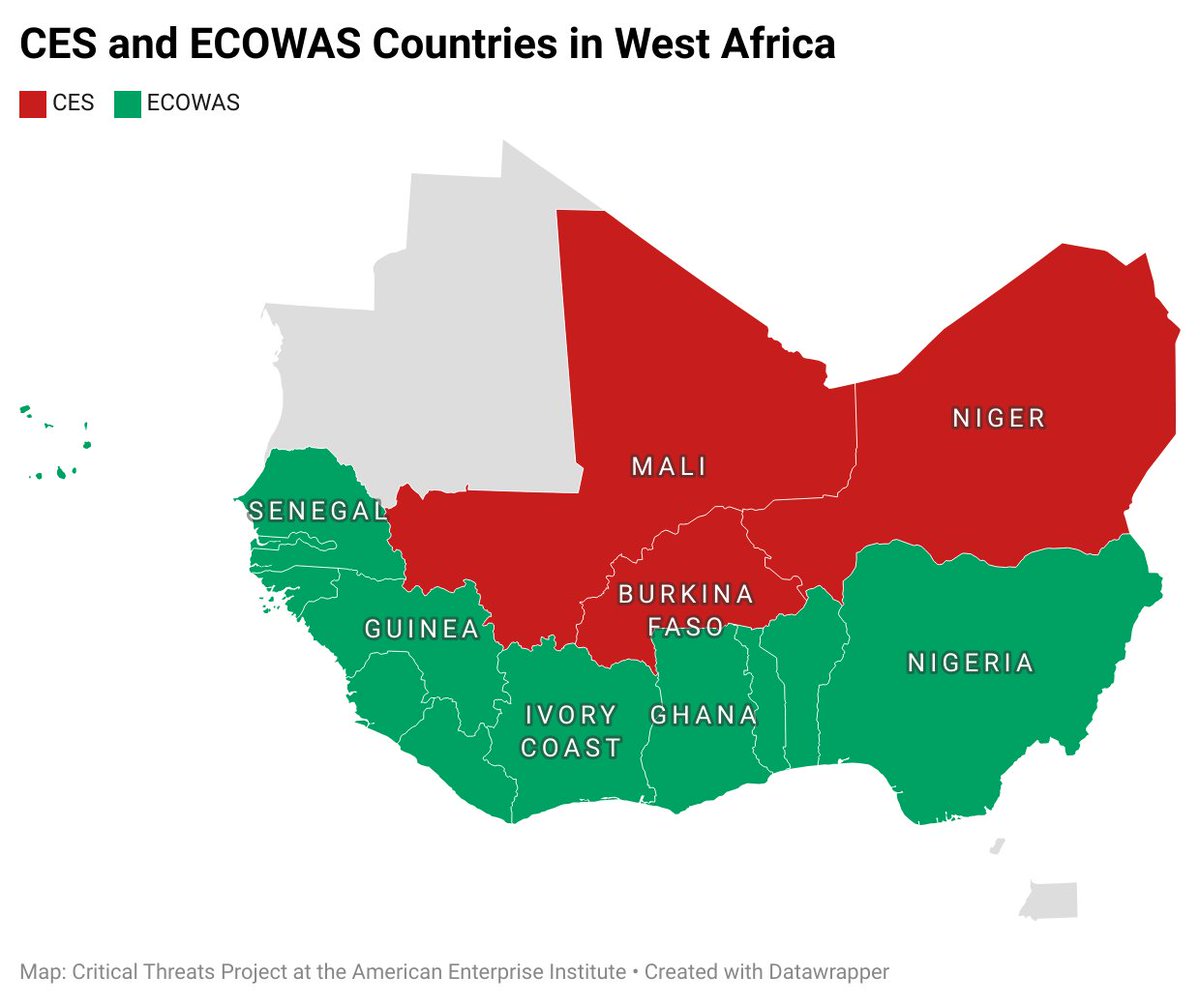NEW | Iranian officials have expressed interest in negotiating an end to the Israel-Iran conflict but have not moderated their negotiating positions from before the conflict.
Iranian proposals that do not fulfill US demands, such as the US demand for zero Iranian uranium enrichment, will likely preclude Iran from reaching a new nuclear deal with the United States and a ceasefire in the Israel-Iran War.


Iranian proposals that do not fulfill US demands, such as the US demand for zero Iranian uranium enrichment, will likely preclude Iran from reaching a new nuclear deal with the United States and a ceasefire in the Israel-Iran War.



The IDF has continued to strike Iranian nuclear, military, and energy infrastructure. Israeli Defense Minister Israel Katz said on June 19 that "preventing [Supreme Leader Ali Khamenei’s] existence” is one of the Israeli air campaign’s objectives.
Iranian Supreme Leader Ali Khamenei appointed Brigadier General Mohammad Karami as the IRGC Ground Forces commander on June 19. Khamenei’s appointment of Karami may reflect regime concerns about potential domestic unrest, given that Karami has previously been involved in suppressing internal dissent.
Iran has continued its ballistic missile campaign despite the IDF’s claims that it has destroyed between one-half and two-thirds of Iran’s missile launchers. Iran has launched more advanced missiles targeting Israel since June 18.
Iranian-backed Iraqi militias continue to threaten retaliation if the United States joins the Israel-Iran War. The Kataib Hezbollah spokesperson warned on June 19, for example, that US participation in the war would trigger attacks on US bases in the region, the closure of the Strait of Hormuz and the Bab al Mandab, and the closure of ports in the Red Sea.
Read the full update from @criticalthreats and @TheStudyofWar: criticalthreats.org/analysis/iran-…
• • •
Missing some Tweet in this thread? You can try to
force a refresh













